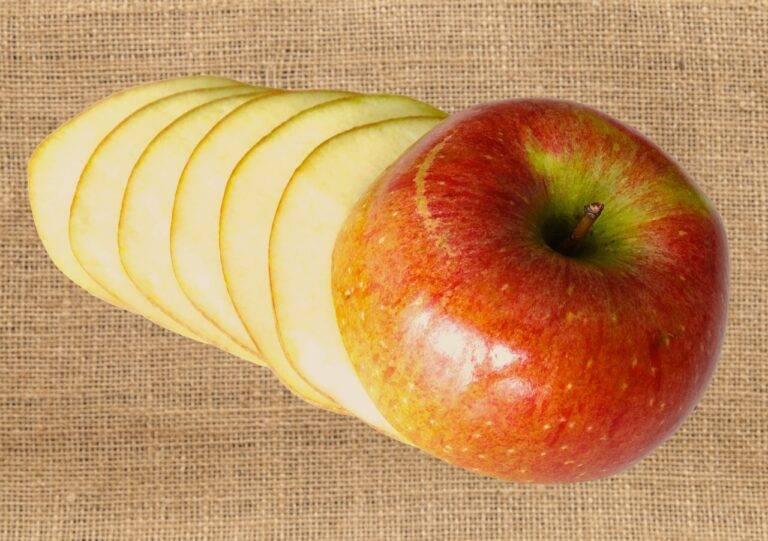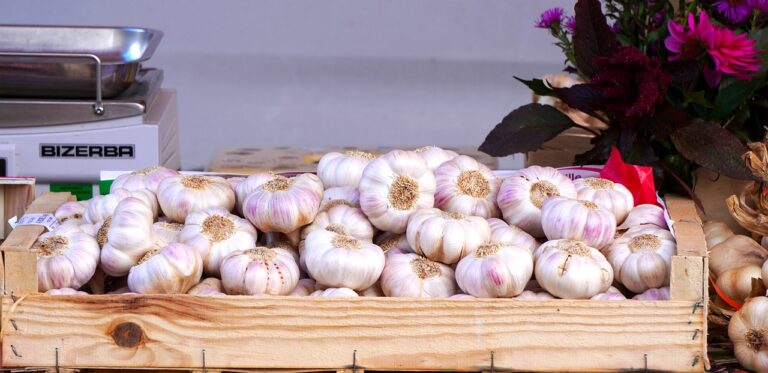The Role of Fermented Foods in Longevity: Lessons from Centenarian Cultures
betbhai com, playexch login, gold 365: The Role of Fermented Foods in Longevity: Lessons from Centenarian Cultures
If you’re looking to boost your health and potentially increase your lifespan, you might want to take a cue from some of the world’s oldest living populations. Centenarian cultures, where individuals routinely live to 100 years old and beyond, often have one thing in common – a diet rich in fermented foods.
Fermented foods have been a staple in human diets for thousands of years, with the process of fermentation used to preserve food, enhance its flavor, and boost its nutritional content. From kimchi in Korea to sauerkraut in Germany, fermented foods are a part of traditional diets in many cultures around the world.
But what is it about fermented foods that make them so beneficial for longevity? Let’s take a closer look at the role of fermented foods in promoting health and longevity, drawing insights from centenarian cultures.
The Science Behind Fermented Foods
Fermented foods are rich in probiotics, beneficial bacteria that have been shown to have a wide range of health benefits. Probiotics help to maintain a healthy balance of gut bacteria, which is essential for proper digestion, immune function, and overall health.
In addition to probiotics, fermented foods are also a good source of vitamins, minerals, and antioxidants. The fermentation process can increase the bioavailability of nutrients in food, making them easier for our bodies to absorb and utilize.
Fermented foods have been linked to a reduced risk of chronic diseases, including heart disease, diabetes, and obesity. They can also help to improve digestive health, reduce inflammation, and boost immune function.
Lessons from Centenarian Cultures
Centenarian cultures, such as the Okinawans in Japan and the Ikarians in Greece, have some of the highest rates of longevity in the world. These populations have been studied extensively by researchers looking to uncover the secrets to their long and healthy lives.
One common thread that runs through many centenarian cultures is the consumption of fermented foods. In Okinawa, for example, traditional foods like miso, natto, and pickled vegetables are a regular part of the diet. These foods are not only tasty but also packed with probiotics and other nutrients that support health and longevity.
In the Blue Zones, regions of the world where people live the longest, fermented foods are a key component of the diet. These populations typically consume a variety of fermented foods, such as yogurt, kefir, kimchi, and sauerkraut, which help to promote gut health and overall well-being.
Fermented Foods and Gut Health
The gut microbiome, the community of microorganisms that live in our digestive tract, plays a crucial role in our health. A diverse and balanced gut microbiome is essential for a strong immune system, proper digestion, and overall well-being.
Fermented foods can help to promote a healthy gut microbiome by introducing beneficial bacteria into the digestive tract. These probiotics can help to crowd out harmful bacteria, reduce inflammation, and support the health of the intestinal lining.
In addition to probiotics, fermented foods also contain prebiotics, which are non-digestible fibers that help to feed the beneficial bacteria in our gut. By consuming a combination of probiotic and prebiotic foods, we can help to promote a diverse and balanced gut microbiome.
FAQs
Q: Are fermented foods safe to eat?
A: Yes, fermented foods are generally safe to eat for most people. However, if you have a compromised immune system or certain medical conditions, it’s best to consult with a healthcare provider before consuming fermented foods.
Q: Can fermented foods help with weight loss?
A: While fermented foods alone are not a magic solution for weight loss, they can support overall health and digestion, which may indirectly help with weight management.
Q: How can I incorporate more fermented foods into my diet?
A: You can easily incorporate fermented foods into your diet by including foods like yogurt, kefir, sauerkraut, kimchi, and kombucha in your meals. Experiment with different types of fermented foods to find ones that you enjoy.
In conclusion, fermented foods play a crucial role in promoting health and longevity, as evidenced by the diets of centenarian cultures around the world. By including fermented foods in your diet, you can support gut health, boost immunity, and potentially increase your lifespan. So why not take a page out of the centenarians’ book and make fermented foods a regular part of your meals? Your body will thank you for it in the long run!







